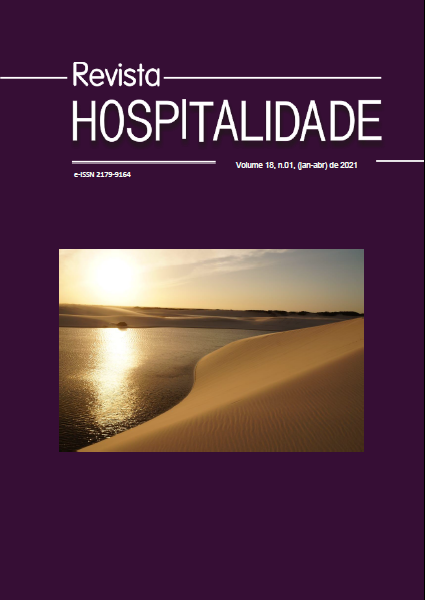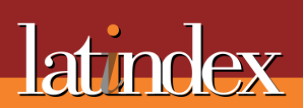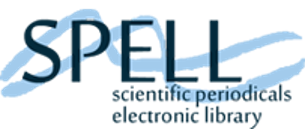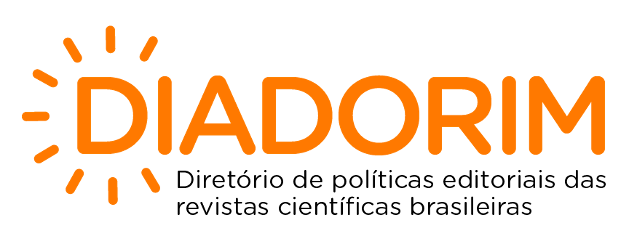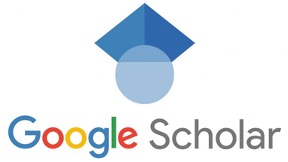Mapeamento do estado da arte sobre hostel no cenário luso-brasileiro (2015-2019)
DOI:
https://doi.org/10.29147/revhosp.v18i01.921Keywords:
Hostel, Estado da arte, Turismo, Brasil, Portugal.Abstract
Hostel, um fenômeno de nível mundial, é conhecido como um meio de hospedagem que disponibiliza espaços compartilhados por um valor reduzido. Trata-se de uma forma alternativa de hospedagem que, por princípio, facilitaria a interação entre os sujeitos que o compõem, e entre eles e o local/contexto visitado. Embora tenha alcançado crescimento mercadológico exponencial nos últimos anos, no contexto acadêmico as pesquisas sobre o tema ainda estão em processo de desenvolvimento. Nesse sentido, a presente investigação se dedica ao mapeamento do estado da arte sobre hostel no Brasil e em Portugal no período 2015-2019. A metodologia desta pesquisa qualitativa é exploratória-descritiva e foi baseada na catalogação e análise de dados por meio de bases previamente selecionadas, do Brasil e de Portugal. O mapeamento proposto teve como corpus investigativo um total de 130 produções, sendo selecionadas 62 de Portugal e 68 do Brasil. Os artigos são o tipo de publicação mais recorrente no Brasil, diferentemente de Portugal, que apresenta mais dissertações sobre hostels. Foi constatado que os sujeitos (proprietários e hóspedes) são o eixo central dos estudos stricto sensu. Em linhas gerais, o desenvolvimento de teses figurou como um avanço para o fenômeno, dada a inexistência desse tipo de investigação em anos precedentes à pesquisa. Apesar do turismo ser a área que mantém uma regularidade de publicações, e a multidisciplinaridade seja recorrente, para consolidar e qualificar o campo é necessário empreender pesquisas com características inter/transdisciplinares.
Downloads
Downloads
Published
How to Cite
Issue
Section
License
I herewith declare that I authorize the publication of the enclosed paper by Revista Hospitalidade and it will be labeled as “Open Access” and licensed by the respective authors in accordance with the Creative Commons Attribution (CC-BY) license, without period limitation. The access to the paper will be open and free. access, for an indeterminate period and as unpaid and my collaboration is royalty-free. I declare also that this is an original work that has not been previously published, it has been written by the stated authors, and third-party sources were duly referenced when necessary. I further declare that this work does not infringe the copyright or property right of another and I am aware of publisher´s policy with regards to plagiarism, that will consist in immediate withdrawal of the article. Authors retain the copyright and grant the journal the right of publishing it as original work, i.e. guaranteeing that it has not been previously published, and now it is licensed under “Creative Commons Attribution” License which allows sharing the work with the condition of both authors and journal being duly referenced.

